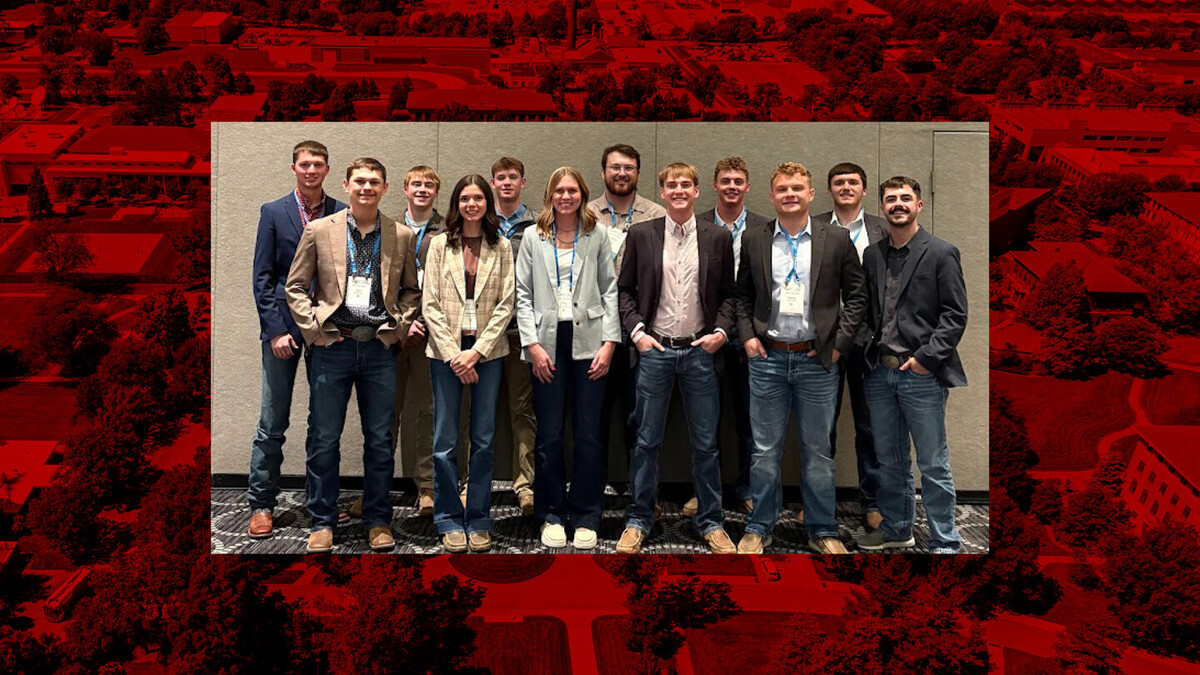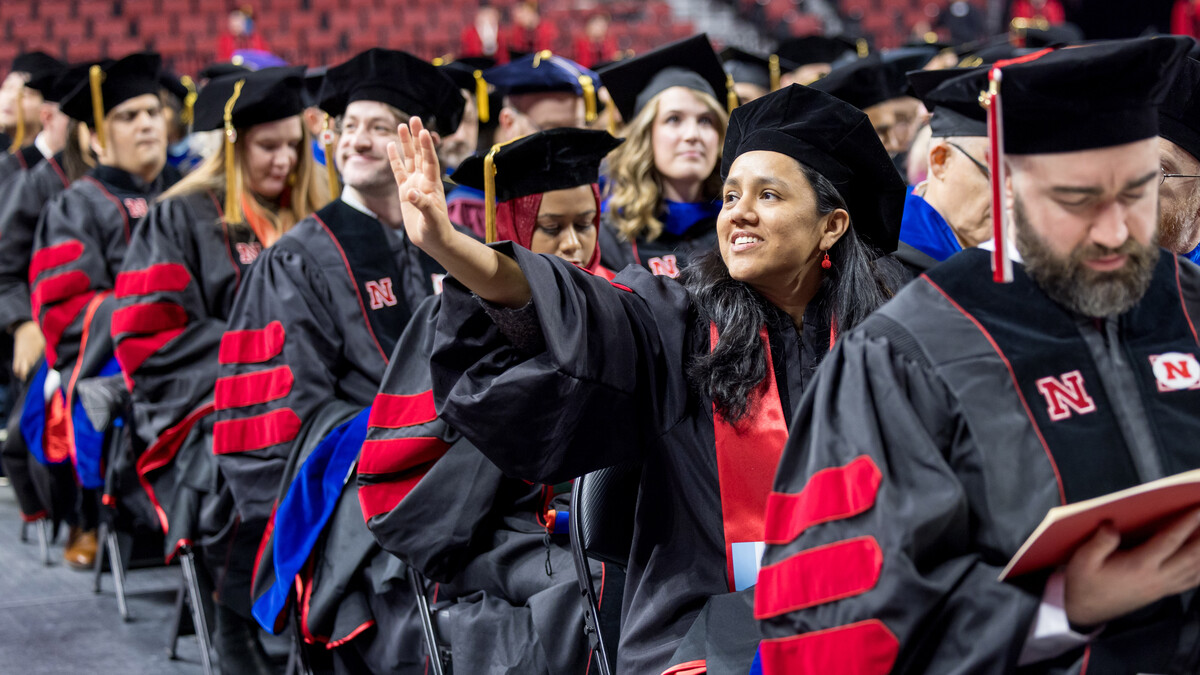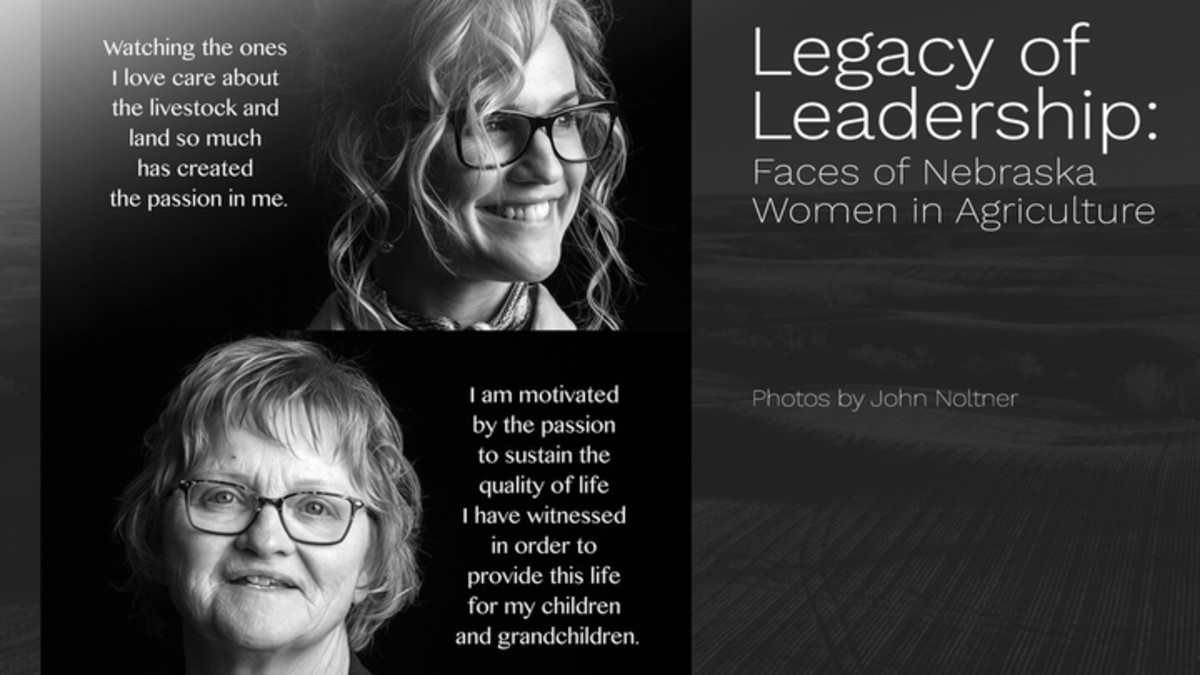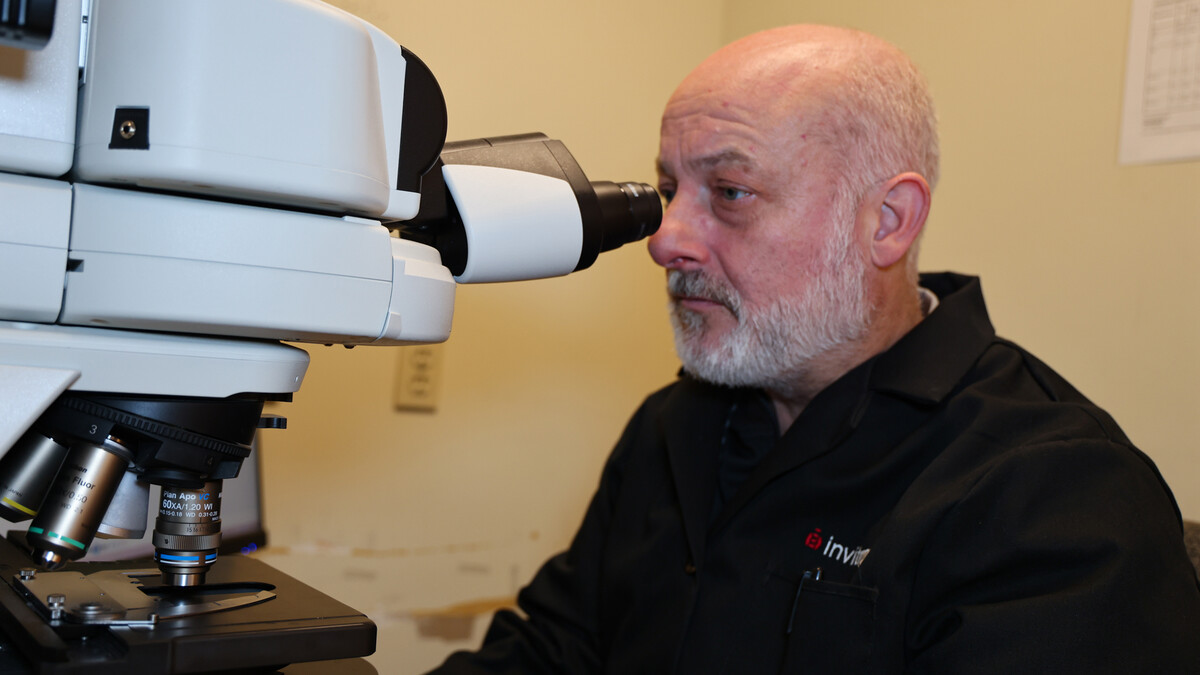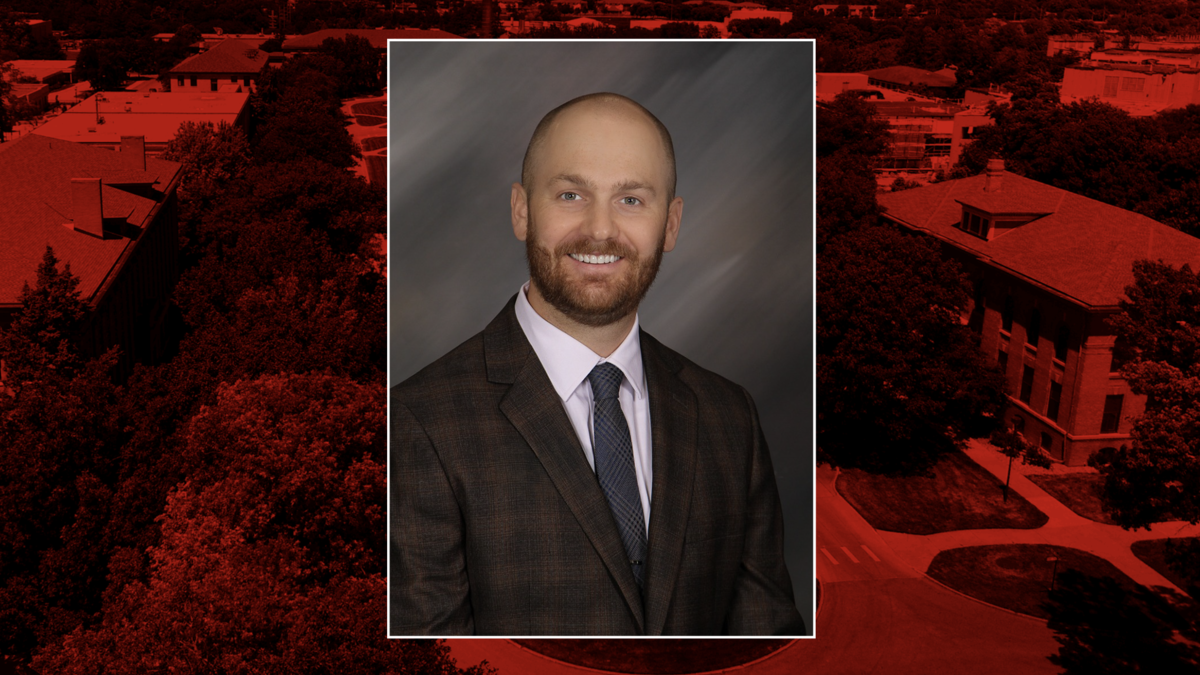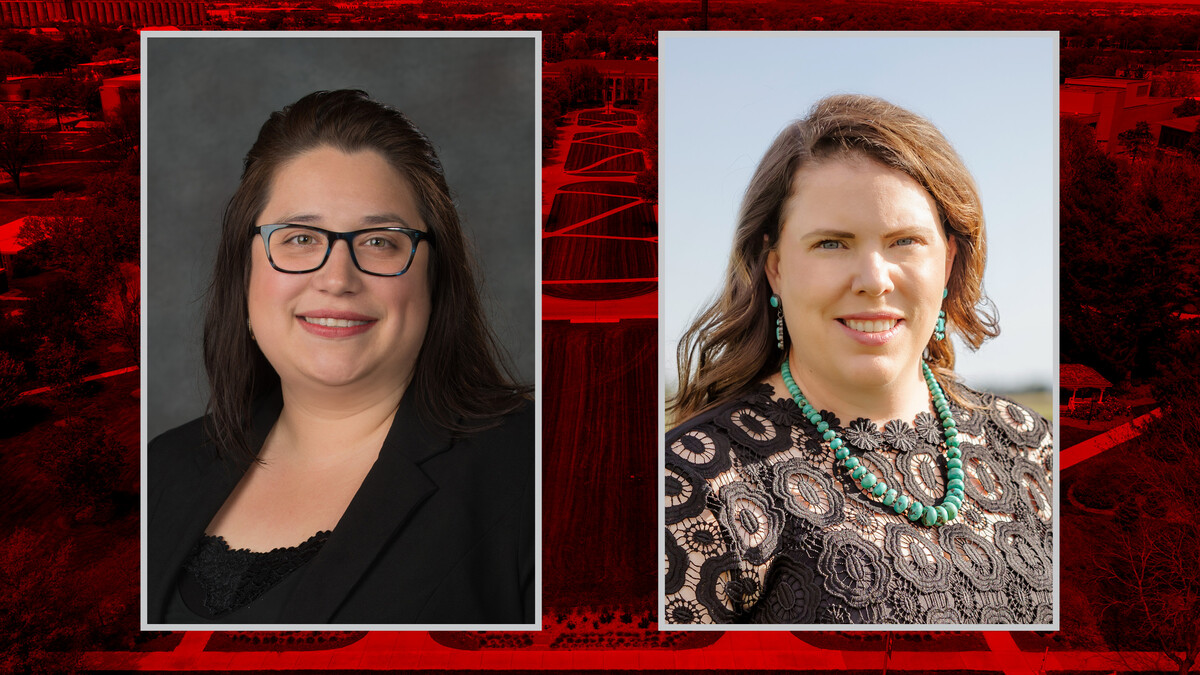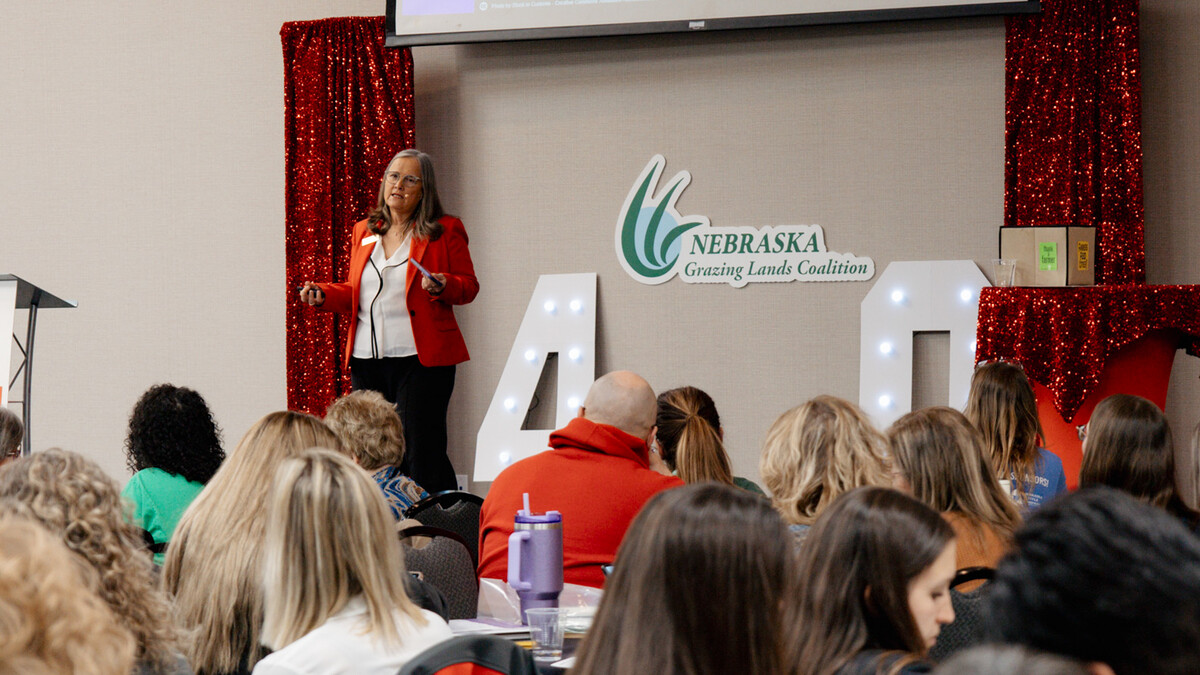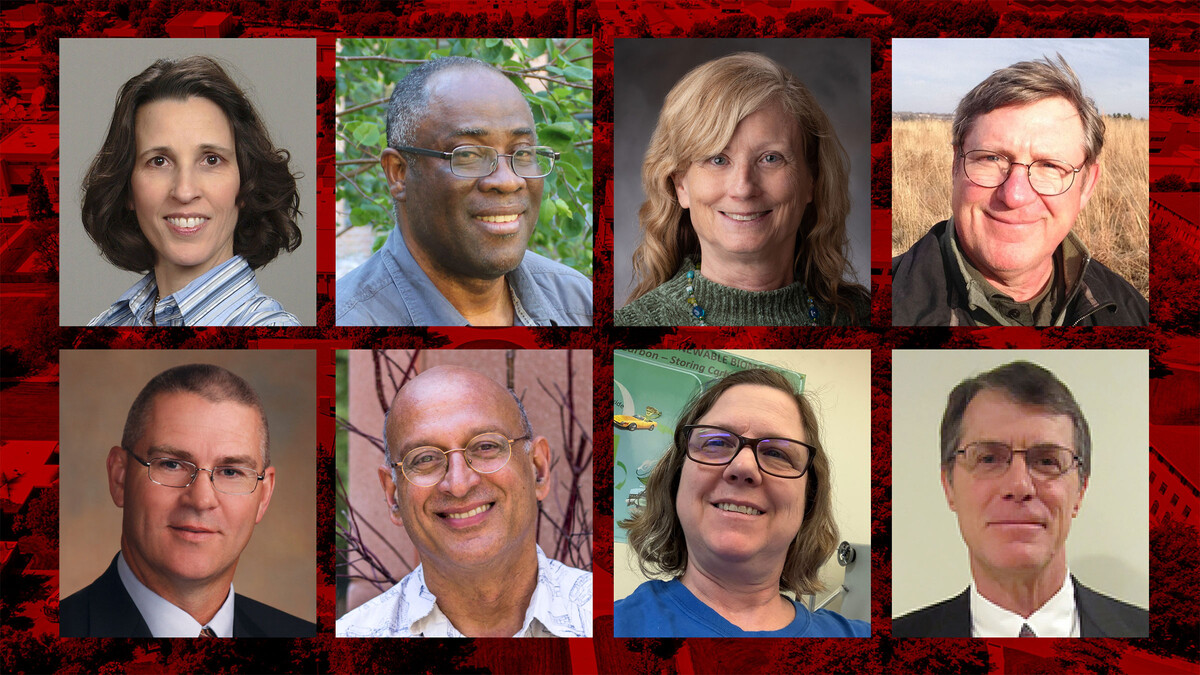April 23, 2015
Lincoln, Neb. — The public gathered Tuesday at Nebraska Innovation Campus to hear from Monsanto Executive Vice President and Chief Technology Officer Robert Fraley during the final Heuermann Lecture of the 2014-2015 season.
The lecture was titled "2050: Agriculture's Role in Mitigating Global Challenges."
By 2050, the food supply needs to be doubled. This comes at a time when the world is facing challenges such as an increasing population, changing diets, limited farmland and a changing climate.
Monsanto's Fraley Discusses Agricultural Innovations, ChallengesDespite those challenges, Fraley is confident the needs of the future can be met. "The reason I believe this is possible is that there is an absolute tidal wave of new innovation coming into agriculture," he said. "Innovation from biology, data science and information technology is converging across all aspects of production agriculture."
Fraley and other agriculture leaders are exploring new innovations that can help farmers produce more food on less land, while also identifying ways to improve soil health and the environment.
Today scientists are able to identify every gene in a corn or soybean plant. This is used to build combinations to use genetic diversity to map and tag genes from around the world. Being able to use a universe of breeding programs and map genes from other sources drives yield and productivity. "Breeding has changed more in the last five years than it has in the last 5,000," Fraley said.
Fraley is proud of the safety ratings over 30 years of testing of genetically modified crops. About 2,000 peer-reviewed reports document the general safety and nutritional profile of foods and feeds from GMO crops. Every major scientific body and regulatory agency in the world has concluded GMO products are safe.
Biotech crops were approved in 37 countries and planted by over 18 million farmers in 27 countries in 2013. According to Fraley, technology has increased yields by 20 percent, reduced pesticide use by 30 percent and increased farmer productivity, which is why 95 percent of the corn and soybean producers in this country have utilized the technology.
Fraley said now is the time to have the dialogue about the acceptance of these innovations and the important role they will play for food and energy security in the future. "It's an important time for all of us to understand both the challenges and the opportunities that we're facing in agriculture."
Known as one of the pioneers in agricultural biotechnology, Fraley has been involved in ag research since the early 1980s. He has been with Monsanto for more than 30 years and oversees the company's global technology division, which includes plant breeding, plant biotechnology, ag biologicals, ag microbials, precision agriculture and crop protection.
Fraley, named a World Food Prize Laureate in 2013, is the fourth Heuermann Lecture participant with that distinguished honor. Previous World Food Prize Laureates to speak were Catherine Bertini, Per Pinstrup-Andersen and M.S. Swaminathan.
Heuermann Lectures in the Institute of Agriculture and Natural Resources at UNL are possible through a gift from B. Keith and Norma Heuermann of Phillips. The Heuermanns are longtime university supporters with a strong commitment to Nebraska's production agriculture, natural resources, rural areas and people. Lectures stream live at http://heuermannlectures.unl.edu and are archived at that site soon afterward. They also air on NET2 World at a later date.
The 2015-2016 Heuermann Lectures are scheduled to be announced in June.
Jill Brown
Institute of Agriculture and Natural Resources
402-472-2871
jbrown14@unl.edu
